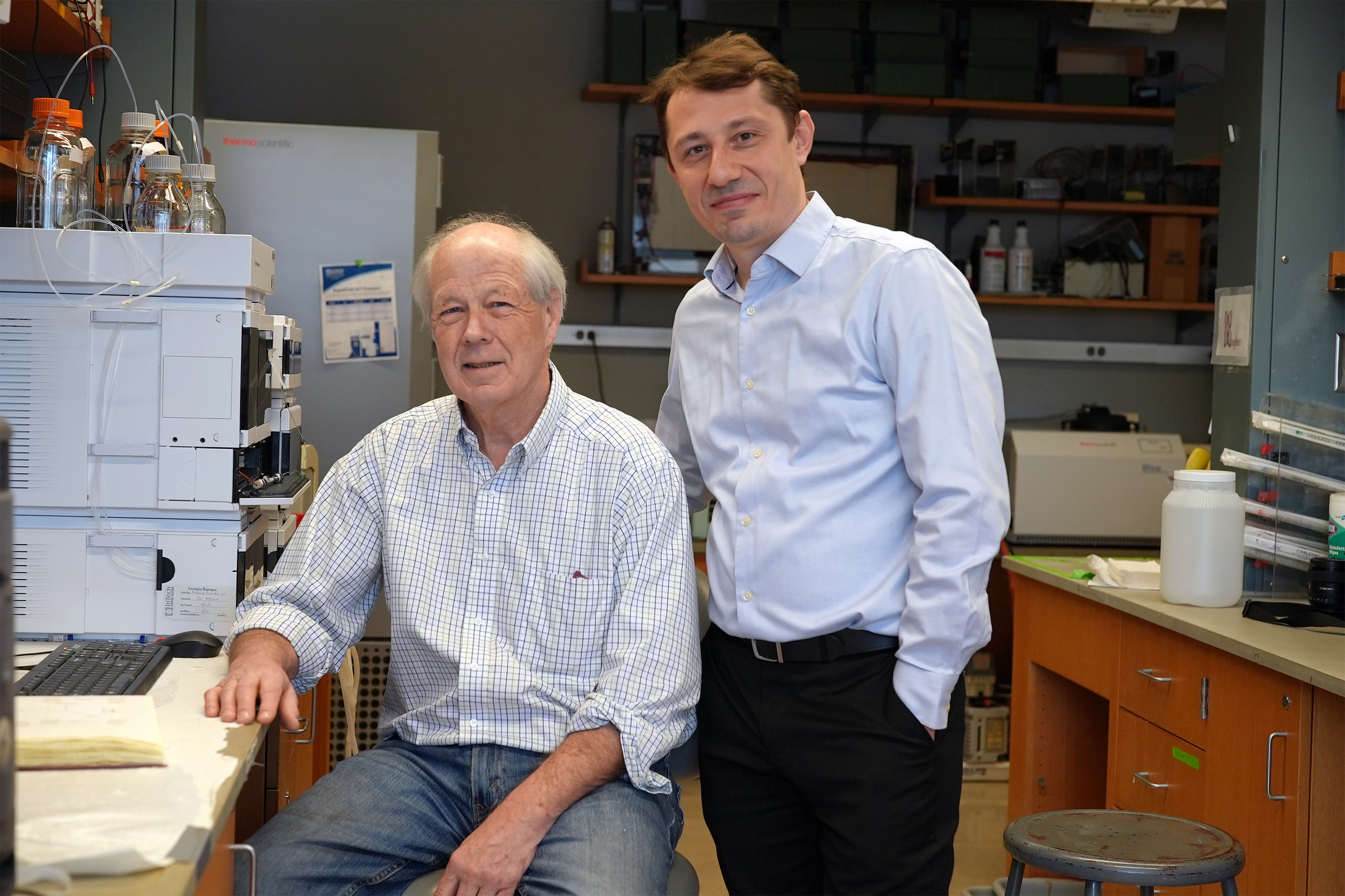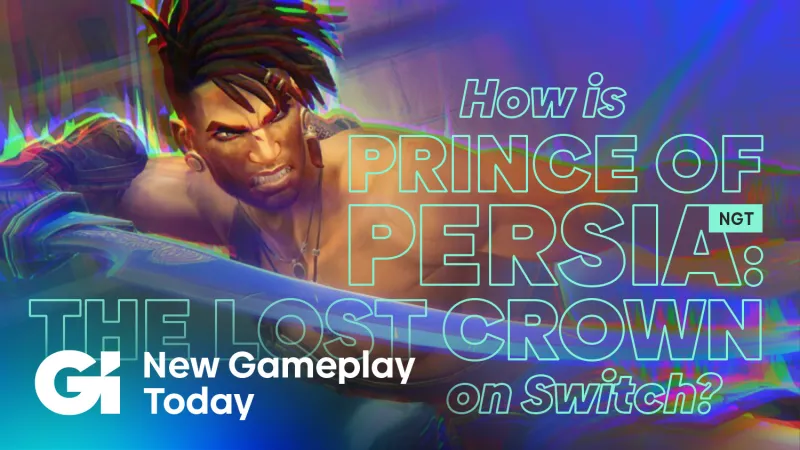MIT researchers have developed a battery-free, self-powered sensor that can harvest energy from its environment. Because it requires…
Unlocking the Secrets of Quasicrystal Magnetism: Revealing a Novel Magnetic Phase Diagram – Technology Org
Quasicrystals are intermetallic materials that have garnered significant attention from researchers aiming to advance understanding of condensed matter…
Manipulating Polyamines to Enhance Antibody Efficacy: A Novel Approach in Biotechnology – Technology Org
Monoclonal antibodies (mAbs) are laboratory-designed proteins that mimic the immune system’s antibodies. To date, many therapeutic mAbs belonging…
Deformation of a Macroscopic Object by Feedback Action in a Quantum System Ensemble – Technology Org
The interaction of light with matter lies at the heart of quantum technologies: the high selectivity of laser…
A new drug candidate can shrink kidney cysts

Autosomal dominant polycystic kidney disease (ADPKD), the most common form of polycystic kidney disease, can lead to kidney enlargement and eventual loss of function. The disease affects more than 12 million people worldwide, and many patients end up needing dialysis or a kidney transplant by the time they reach their 60s.
Researchers at MIT and Yale University School of Medicine have now found that a compound originally developed as a potential cancer treatment holds promise for treating ADPKD. The drug works by exploiting kidney cyst cells’ vulnerability to oxidative stress — a state of imbalance between damaging free radicals and beneficial antioxidants.
In a study employing two mouse models of the disease, the researchers found that the drug dramatically shrank kidney cysts without harming healthy kidney cells.
“We really believe this has potential to impact the field and provide a different treatment paradigm for this important disease,” says Bogdan Fedeles, a research scientist and program manager in MIT’s Center for Environmental Health Sciences and the lead author of the study, which appears this week in the Proceedings of the National Academy of Sciences.
John Essigmann, the William R. and Betsy P. Leitch Professor of Biological Engineering and Chemistry at MIT; Sorin Fedeles, executive director of the Polycystic Kidney Disease Outcomes Consortium and assistant professor (adjunct) at Yale University School of Medicine; and Stefan Somlo, the C.N.H. Long Professor of Medicine and Genetics and chief of nephrology at Yale University School of Medicine, are the senior authors of the paper.
Cells under stress
ADPKD typically progresses slowly. Often diagnosed when patients are in their 30s, it usually doesn’t cause serious impairment of kidney function until patients reach their 60s. The only drug that is FDA-approved to treat the disease, tolvaptan, slows growth of the cysts but has side effects that include frequent urination and possible liver damage.
Essigmann’s lab did not originally set out to study PKD; the new study grew out of work on potential new drugs for cancer. Nearly 25 years ago, MIT research scientist Robert Croy, also an author of the new PNAS study, designed compounds that contain a DNA-damaging agent known as an aniline mustard, which can induce cell death in cancer cells.
In the mid 2000s, Fedeles, then a grad student in Essigmann’s lab, along with Essigmann and Croy, discovered that in addition to damaging DNA, these compounds also induce oxidative stress by interfering with mitochondria — the organelles that generate energy for cells.
Tumor cells are already under oxidative stress because of their abnormal metabolism. When they are treated with these compounds, known as 11beta compounds, the additional disruption helps to kill the cells. In a study published in 2011, Fedeles reported that treatment with 11beta compounds significantly suppressed the growth of prostate tumors implanted in mice.
A conversation with his brother, Sorin Fedeles, who studies polycystic kidney disease, led the pair to theorize that these compounds might also be good candidates for treating kidney cysts. At the time, research in ADPKD was beginning to suggest that kidney cyst cells also experience oxidative stress, due to an abnormal metabolism that resembles that of cancer cells.
“We were talking about a mechanism of what would be a good drug for polycystic kidney disease, and we had this intuition that the compounds that I was working with might actually have an impact in ADPKD,” Bogdan Fedeles says.
The 11beta compounds work by disrupting the mitochondria’s ability to generate ATP (the molecules that cells use to store energy), as well as a cofactor known as NADPH, which can act as an antioxidant to help cells neutralize damaging free radicals. Tumor cells and kidney cyst cells tend to produce increased levels of free radicals because of the oxidative stress they’re under. When these cells are treated with 11beta compounds, the extra oxidative stress, including the further depletion of NADPH, pushes the cells over the edge.
“A little bit of oxidative stress is OK, but the cystic cells have a low threshold for tolerating it. Whereas normal cells survive treatment, the cystic cells will die because they exceed the threshold,” Essigmann says.
Shrinking cysts
Using two different mouse models of ADPKD, the researchers showed that 11beta-dichloro could significantly reduce the size of kidney cysts and improve kidney function.
The researchers also synthesized a “defanged” version of the compound called 11beta-dipropyl, which does not include any direct DNA-damaging ability and could potentially be safer for use in humans. They tested this compound in the early-onset model of PKD and found that it was as effective as 11beta-dichloro.
In all of the experiments, healthy kidney cells did not appear to be affected by the treatment. That’s because healthy cells are able to withstand a small increase in oxidative stress, unlike the diseased cells, which are highly susceptible to any new disturbances, the researchers say. In addition to restoring kidney function, the treatment also ameliorated other clinical features of ADPKD; biomarkers for tissue inflammation and fibrosis were decreased in the treated mice compared to the control animals.
The results also suggest that in patients, treatment with 11beta compounds once every few months, or even once a year, could significantly delay disease progression, and thus avoid the need for continuous, burdensome antiproliferative therapies such as tolvaptan.
“Based on what we know about the cyst growth paradigm, you could in theory treat patients in a pulsatile manner — once a year, or perhaps even less often — and have a meaningful impact on total kidney volume and kidney function,” Sorin Fedeles says.
The researchers now hope to run further tests on 11beta-dipropyl, as well as develop ways to produce it on a larger scale. They also plan to explore related compounds that could be good drug candidates for PKD.
Other MIT authors who contributed to this work include Research Scientist Nina Gubina, former postdoc Sakunchai Khumsubdee, former postdoc Denise Andrade, and former undergraduates Sally S. Liu ’20 and co-op student Jake Campolo. The research was funded by the PKD Foundation, the U.S. Department of Defense, the National Institutes of Health, and the National Institute of Environmental Health Sciences through the Center for Environmental Health Sciences at MIT.
How Does Javelin’s Top-Down Attack Work? – Technology Org
Tanks are hard vehicles to defeat. They have thick armour, sometimes – even additional reactive armour tiles. However,…
How Is Prince Of Persia: The Lost Crown On Switch? | New Gameplay Today

Prince of Persia: The Lost Crown is a triumphant and impressive return for Ubisoft’s thought-dead platforming franchise. You can read Game Informer’s Prince of Persia: The Lost Crown review by following the link, but that review pertains to the console version of the game and does not address a question many players have: how is Prince of Persia: The Lost Crown on Switch? The short answer is that it is solid. Playing on Switch does not feel like a major downgrade from the other versions. For the long answer, check out the video below!
[embedded content]
Head over to Game Informer’s YouTube channel for more previews, reviews, and discussions of new and upcoming games. Watch other episodes of New Gameplay Today right here.
Botanical Alchemy: How Plants Create Vaccines – Technology Org
It’s a two-week experiment with the creation of vaccines that was more than a decade in the making….
Suicide Squad Preview And Prince Of Persia: The Lost Crown Review | GI Show

In this week’s episode of The Game Informer Show, the crew discusses our Suicide Squad: Kill the Justice League preview (we played several hours at a recent event), our very highly-rated Prince of Persia: The Lost Crown review, and we circle back to our video game release calendar to highlight the 2024 games we’re most excited for that don’t have solid release dates yet.
Watch The Podcast:
[embedded content]
Follow us on social media: Alex Van Aken (@itsVanAken), Marcus Stewart (@MarcusStewart7), Kyle Hilliard (@KyleMHilliard), Matt Storm (@DJ_Stormageddon)
The Game Informer Show is a weekly gaming podcast covering the latest video game news, industry topics, exclusive reveals, and reviews. Join host Alex Van Aken every Thursday to chat about your favorite games – past and present – with Game Informer staff, developers, and special guests from around the industry. Listen on Apple Podcasts, Spotify, or your favorite podcast app.
The Game Informer Show – Podcast Timestamps:
00:00:00 – Intro
00:04:00 – Suicide Squad: Kill the Justice League Preview
00:31:08 – Prince of Persia: The Lost Crown Review
01:02:14 – What Has Alex Been Playing Rapid Fire Edition
01:09:04 – Most Anticipated Video Games of 2024 Without Release Dates
01:50:08 – Housekeeping
Sand Land Launches In April, Animated Series On The Way

Sand Land, the video game adaptation of Dragon Ball creator Akira Toriyama’s manga of the same name, has a release date and a new trailer setting up the story.
First announced during Summer Game Fest last year, Sand Land launches on April 26. The game centers on the Fiend Prince Beelzebub, a demon summoned to take down a corrupt King and his Royal Army by the human Sheriff Rao. Joined by Beelzebub’s chaperone, Thief, the three must also find the Legendary Spring, an artifact capable of ending a worldwide drought that has transformed the environment into a desert.
[embedded content]
The open-world action RPG features plenty of vehicle piloting and combat. Players take control of various tanks and dune buggies outfitted with weapons such as machine guns to mow down threats while traversing the sand-covered terrain. Sand Land is coming to PlayStation 5, Xbox Series X/S, PlayStation 4, and PC.
If that’s not enough Sand Land for you, the animated series that premiered in Japan last year is launching worldwide exclusively on Hulu this spring. Sand Land: The Series tells a brand-new story that picks up from the events of the 2023 film. Check out the trailer below:
[embedded content]
